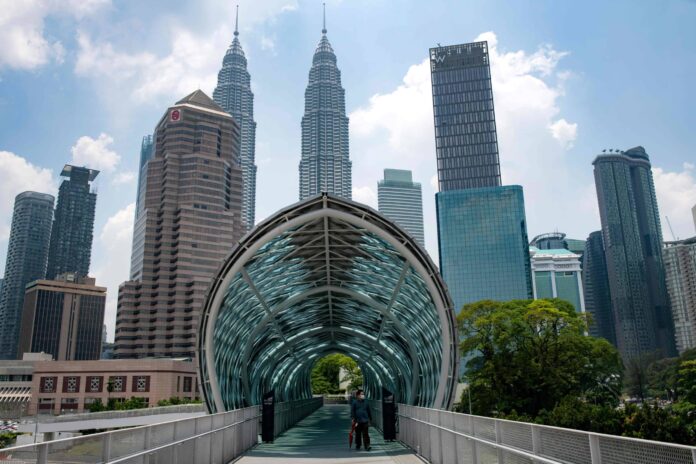KUALA LUMPUR, June 15 — Malaysia has been ranked 32nd in the 2022 International Institute for Management Development (IMD) World Competitiveness Ranking (WCR), down by seven positions from the 25th spot in 2021.
In a statement, the centre said Thailand (33rd from 28th) and Indonesia (44th from 37th) also tumbled down their rankings respectively, driven by the slow re-opening of the economy post-COVID-19 compared with the European Union (EU) and the United States (US).
The Asia region also saw China drop one spot to 17 from 16, reversing China’s strong upward trend in recent years, signalling a poor economic recovery exacerbated by its zero-COVID strategy.
“Going forward, China needs to restructure the economy from manufacturing to high-value services and from investment to consumption.
“It also needs to build a unified national market to enhance long-term economic prosperity, and it will only achieve its socio-economic development goals by using a macroeconomic policy mix,” it said.
Nonetheless, China still tops the Asia-Pacific (APAC) economies along with Singapore (third), Hong Kong (fifth) and Taiwan (seventh).
Singapore reaches the third spot, up from fifth, enjoying its topmost position in the APAC region. Its recovery stemmed from substantial improvements in the domestic economy (first from 15th), employment (third from 18th), public finance (sixth from 12th) and productivity and efficiency (ninth from 14th).
However, it remained in relatively low positions in several sub-factors, including management practices (14th), scientific infrastructure (16th) and health and environment (25th).
Meanwhile, IMD WCC noted that India has the sharpest rise among the Asian economies, ranking to 37th from 43rd.
Its stellar performance saw a six-spot jump after four stagnant years. This was primarily due to gains in its economic performance and business efficiency.
IMD WCC chief economist Christos Cabolis said besides inflationary pressure affecting most economies, other global challenges affecting the competitiveness of countries include variants of COVID-19.
This includes the number of infected people around the world; differing national policies to address COVID (the ‘zero-tolerance COVID’ policy versus the ‘moving on from COVID’ policy); and the invasion of Ukraine by Russia.
Meanwhile, Denmark, as the most digitally advanced country in the world, has reached the top spot for the first time in the ranking’s 34-year history.
“This is thanks to good policies, advantages afforded by being a European country, a clear focus on sustainability and a push from its agile corporate sector,” said IMD WCC director Professor Arturo Bris.
Switzerland lost its global top spot, moving down to second, despite remaining strong in the overall ranking.
The 2022 WCR assessed 63 economies, via hard data, where 333 competitiveness criteria selected as a result of comprehensive research using economic literature, international, national and regional sources and feedback from the business community, government agencies and academics, and survey responses (100 executives per economy on average) from senior executives, collected from 56 local partner institutes.
















